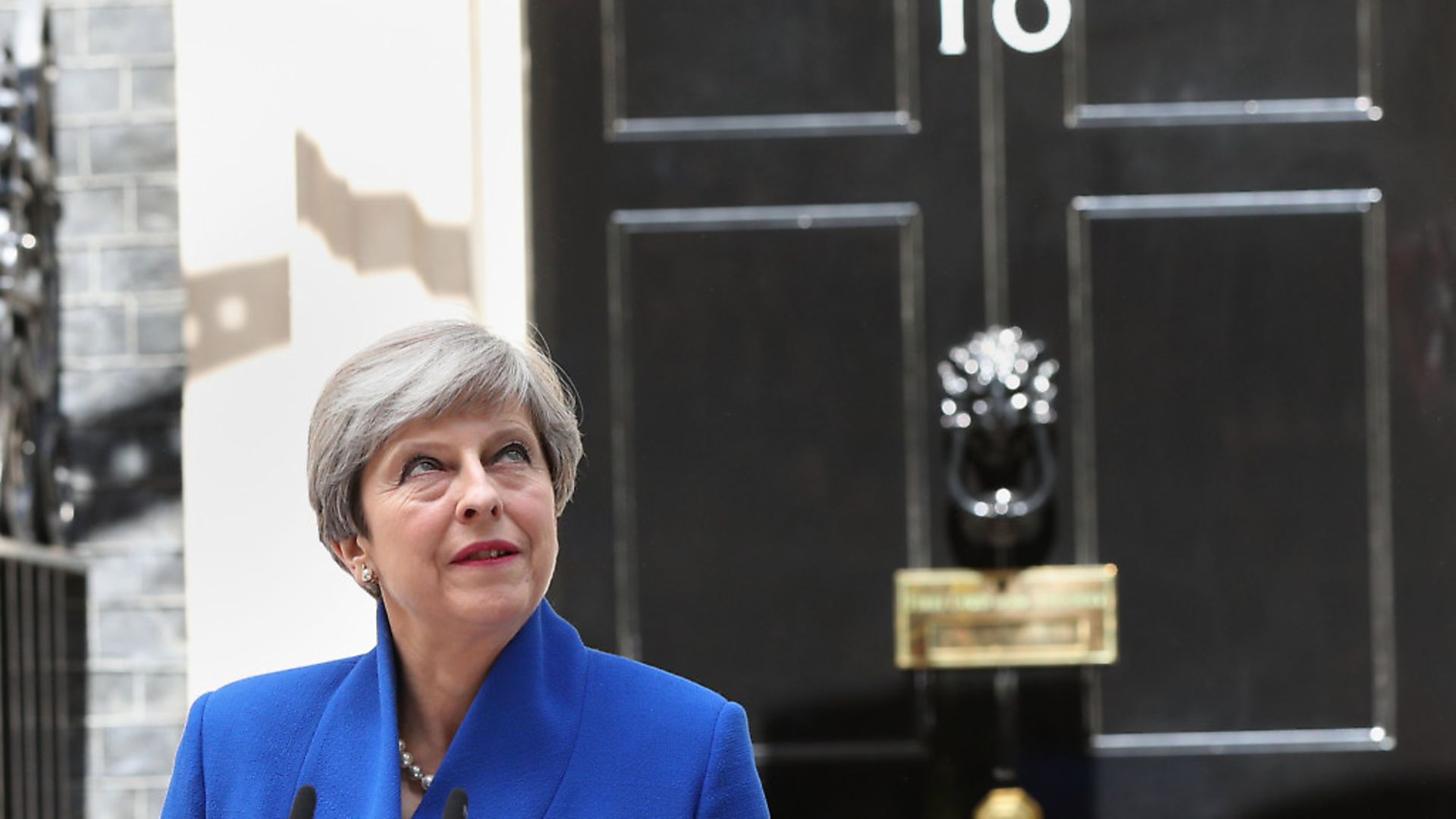Theresa May is now trying to portray herself as a sensible moderate Tory who tried to secure a more consensual and less damaging Brexit deal. It’s nonsense.
We should never forget that Theresa May could have stopped Brexit had she so chosen. In 2019, when she could not get her Brexit deal (the Withdrawal Agreement she negotiated with the EU) through Parliament because of the opposition of the hard Brexiteers ERG group in her own party, she could have called a referendum on it, effectively saying: “This is what Brexit entails. It’s the best possible deal we can get. If you want Brexit, vote for it; otherwise we stay in the EU”.
She would have secured a majority for this course of action in the Commons. An amendment for a second referendum had already come close to securing a majority against the opposition of the government. If the government changed its position and supported one, there would easily have been a majority.
It would have been a win-win situation for her: either her deal got approved by the public, or Brexit was abandoned and we stayed in the EU as she had so recently advocated in the first referendum. The rise of Boris Johnson would have been thwarted.
But she didn’t. Instead, she chose to appease the hard Brexiteers rather than act in the national interest.
Perhaps this should not be a surprise. May’s track record before the referendum shows that, already then, her failings were playing a crucial role.
We all know how migration was weaponised in the referendum campaign. As long-serving home secretary, May must take much of the blame for setting – and failing to keep – a target of reducing net immigration to Britain to tens of thousands a year.
Although most migration to Britain is from outside the EU – entirely a matter of British rules and regulations – she hardly made a dent in it. Rather than take responsibility for that, she instead blamed EU free movement for her inability to meet her own target.
But even when it came to EU free movement, May failed to use the tools and safeguards provided in EU law. EU free movement is, of course, two-way, with millions of Brits in other EU countries. But the right to free movement is not unconditional. It is dependent on finding a job or being self-sufficient. Indeed, other EU countries send back thousands of people who don’t meet the conditions.
May could, before or during the referendum campaign, have announced measures to better enforce the safeguards in Britain. She could, from her perspective, have more forcefully endorsed the extra safeguards Cameron negotiated. She could have explained that EU migrants in Britain pay one-third more in tax than they take in benefits and services – and argued for the Treasury to pass some of its surplus on to the local authorities most affected.
She did none of this. Instead, in the referendum campaign, she kept a low profile. Notionally a Remainer, in order to keep in with the majority of her colleagues, she said next to nothing and this became the Remainer most acceptable to the Brexiteers. As a result, she became party leader.
May then threw her lot in with the hardest-line Brexiteers. No cautious “we’ll try to get the best Brexit deal possible, but it will involve hard choices”. Certainly no “if we can’t get a deal that works for Britain and delivers on Leave campaign promises, we should reserve the right to think again”. Instead, a hard line painted herself into a tight corner, rejecting staying in the single European market so vital for our economy.
So, no, Theresa May, you can’t rewrite history. You are as much to blame for Brexit as those from whom you are now trying to disassociate yourself.
Richard Corbett CBE was the leader of Labour MPs in the European Parliament









